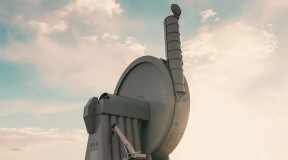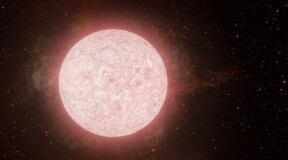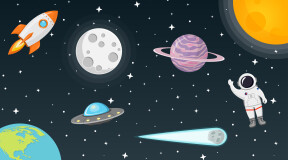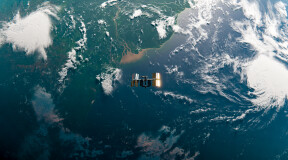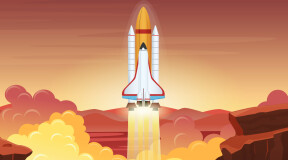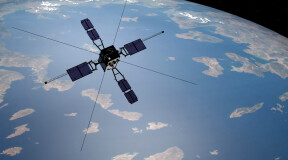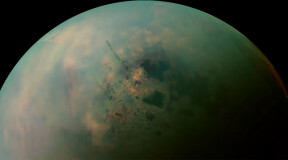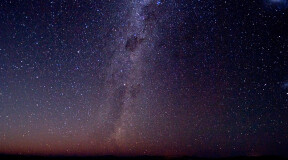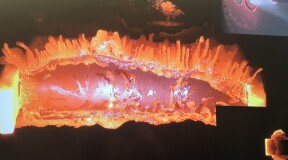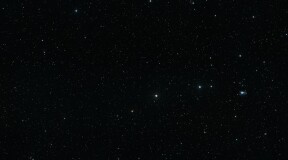-
en

Space news, missions and science facts - page 3
NASA is to test a space catapult
Astronomers have recorded the birth of a supernova
A citizen from Antigua and Barbuda wins two free tickets for a flight into space
Heinz makes ketchup from tomatoes grown in Martian conditions
An ISS analogue will be built by 2030
NASA recruits astronauts using an interactive comic strip
Japan is planning to clear space debris
NASA to Search for Life on Titan
How our galaxy will be colonized?
Scientists Take Thermal Spectrum Pictures of Uranus Rings
Why is the European Space Agency melting satellites?
NASA ‘starshade’ will cover celestial bodies



